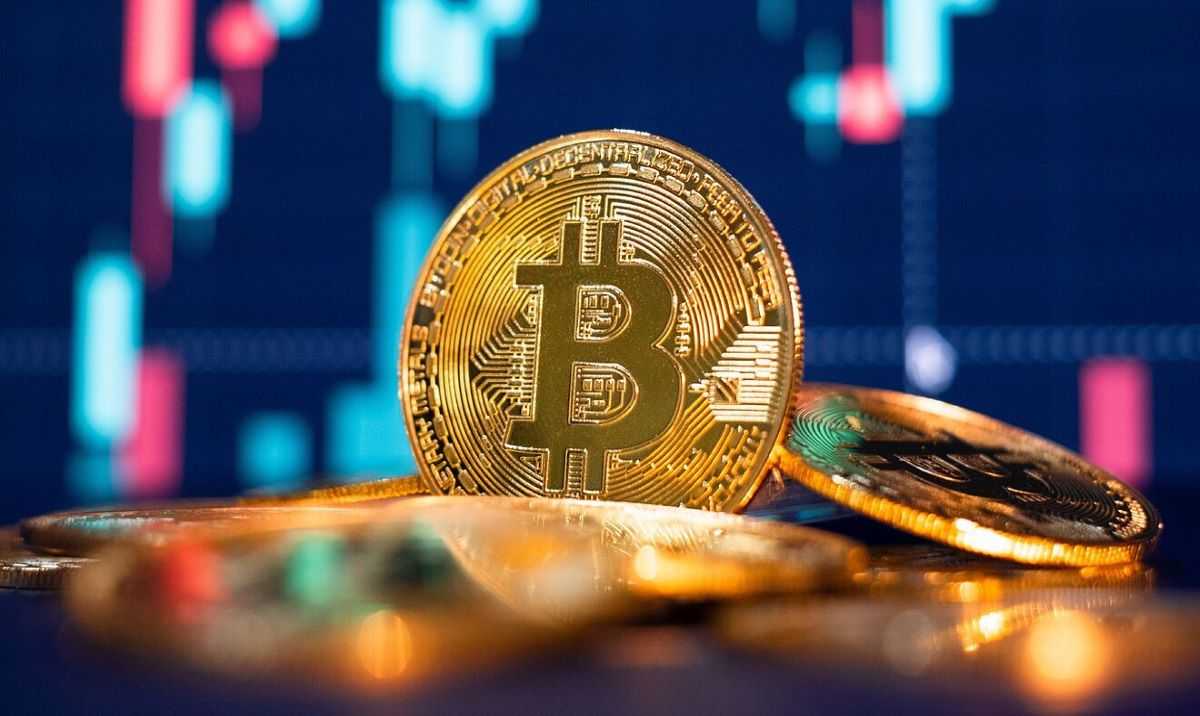El Salvador has become the sixth nation to hold over 6,000 Bitcoin (BTC), reinforcing the cryptocurrency’s role as a key treasury asset under President Nayib Bukele’s leadership.
On Dec. 29, El Salvador acquired an additional 1 BTC, bringing its total holdings to 6,000.77 Bitcoin, valued at $569.3 million, according to the National Bitcoin Office’s portfolio tracker.
This latest purchase reflects a gain of 108.02% on its Bitcoin investment, with an average acquisition price of $45,450 per BTC, as per the Nayib Bukele portfolio tracker.
The country made its first Bitcoin purchase of 200 BTC on Sept. 6, 2021, coinciding with its historic decision to adopt Bitcoin as legal tender.
El Salvador Among Top Bitcoin-Holding Nations
With 6,000.77 BTC, El Salvador ranks sixth in Bitcoin holdings among nation-states, following the United States, China, the United Kingdom, Ukraine, and Bhutan, according to BitBo’s Bitcoin Treasuries data.
Although El Salvador typically acquires one Bitcoin daily, it made significant purchases on Dec. 22 and one day after striking a $1.4 billion agreement with the International Monetary Fund (IMF).
This occurred despite the IMF urging the country to scale back its Bitcoin activities.
Stacy Herbert, Director of El Salvador’s National Bitcoin Office, suggested in a Dec. 19 post on X that the country might accelerate its Bitcoin acquisitions.
A Bitcoin Office spokesperson confirmed to Cointelegraph that El Salvador has no plans to sell its holdings, emphasizing that “Bitcoin continues to be our main strategy.”
Chivo Wallet to Be Phased Out
However, Herbert noted that El Salvador’s Chivo wallet will “be sold or wound down,” with private-sector Bitcoin wallets expected to take over the role.
The IMF has yet to approve the $1.4 billion deal, which could conclude four years of negotiations complicated by Bukele’s Bitcoin policies, which the IMF has described as risky for the nation.




